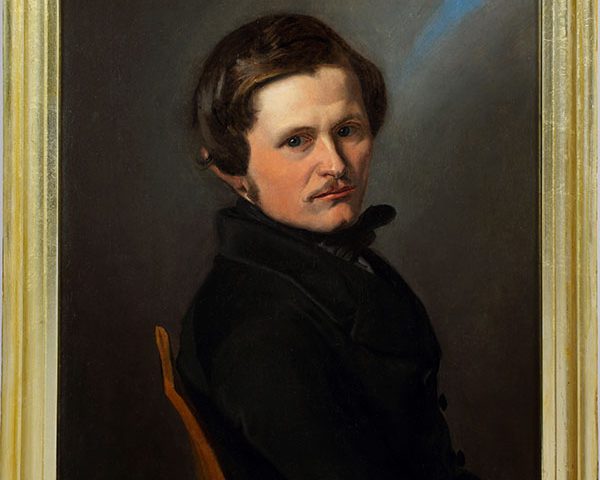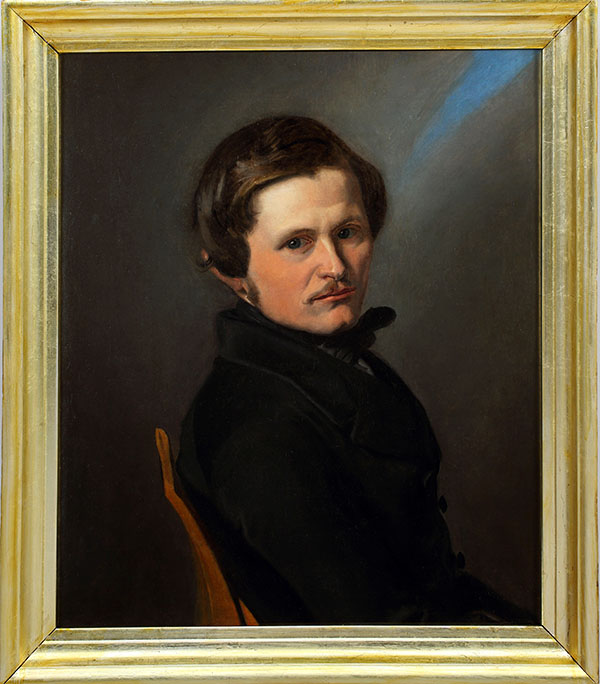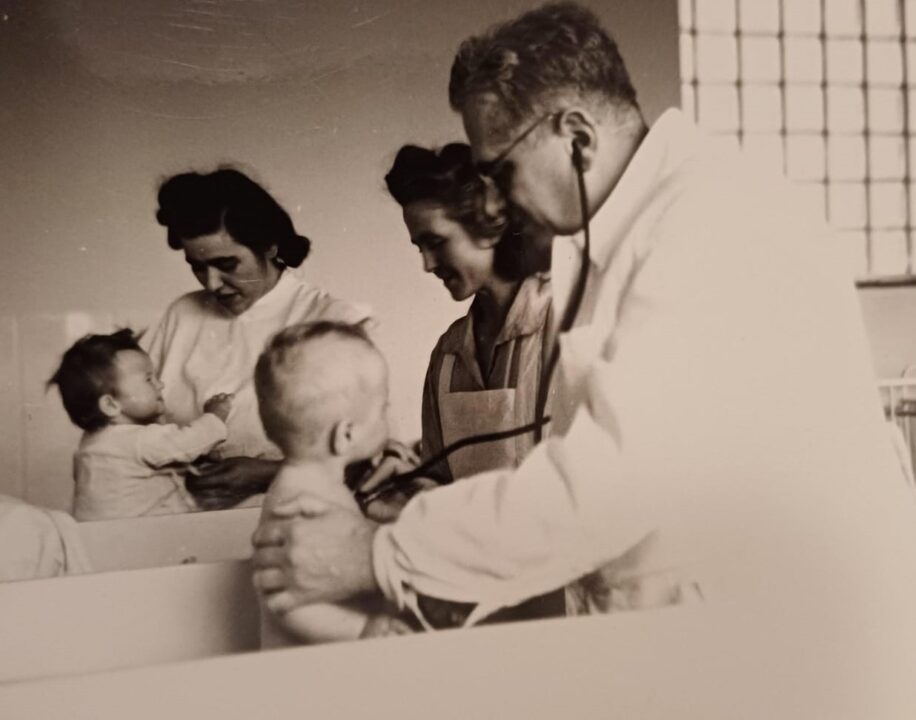Josip Kallivoda
Josip Kallivoda (Kalliwoda Falkensteinski), physician (Osijek, 12. January 1820. — Zagreb, 22. February 1892.). He studied medicine in Buda and graduated on the thesis about abortion in 1843. In that year he was appointed honorary physician in Osijek. In 1844 he became a doctor of the Pejačević Counts in Našice, Podgorač, Orahovica and Feričanci.
In 1844 he became a doctor of the Pejačević Counts in Našice, Podgorač, Orahovica and Feričanci. In 1852 he was appointed as the first physics of Virovitica County; in the reorganization of the administration in 1855 he loses its position. Having rejected the offered place of physician in Požega, from 1856 he worked as a private physician in Osijek, and from 1858 he was a physician at the Court Table. From 1861 he was again a physicist of Virovitica County, and from 1882 until the end of his life he was a Regional Government Adviser and the main physician of Croatia and Slavonia in Zagreb.
As a practicing physician, he was very prominent in the suppression of cholera epidemic, cox epidemic and beef plague in Slavonia. He was one of the founders (1874) and the first president of the Association of Slavonic Physicians in Osijek (his departure to Zagreb led to closing of the Association). He reorganised the work of the Association of Croatian and Slavonian doctors’, where he was an honorary member from 1875 and from 1885 until the end of life was the president. He was also an honorary member of medical societies for Kranjska and Serbia and a correspondent of the Hungarian Medical Society.
As a city representative in Osijek, he was responsible for the construction of the high school (H. Bollé), and as the president of the Downtown Savings Bank for saving it from bankrupcy. In Zagreb he was the first Vice President of the Red Cross. He published the papers in Glasniku Družtva slavonskih liečnika (1877) and in his Izvješće for 1878/79.



